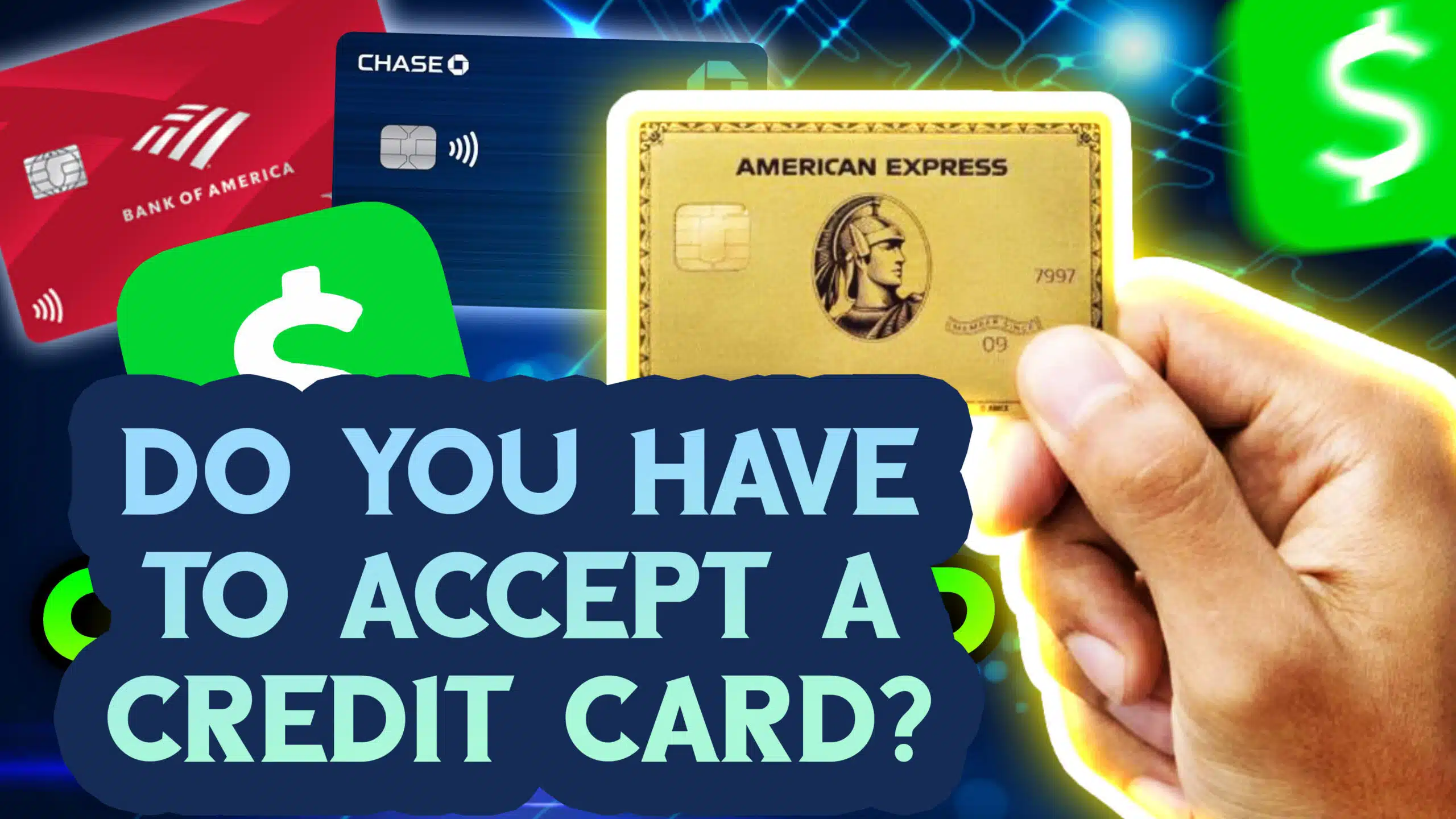
[sc name=”googleinpostad”]
You just wanted to see if you would get approved but had a change of heart after the bank approved a credit card application. You quickly ask yourself if you apply for a credit card do you have to accept it or can you decline the card? You’re not obligated to keep a credit card account open at any time after applying and getting approved for a card.
Continue reading after the video:
Get $5 when you open a CashApp Account: https://cash.app/app/TCGVXKQ
[sc name=”googleinpostad”]
Credit cards can be a useful financial tool, but they also come with potential risks and drawbacks. When you apply for a credit card, you may be wondering whether you’re obligated to accept the card if you’re approved. The short answer is no, you don’t have to accept a credit card if you don’t want it. However, there are some important considerations to keep in mind before making a decision.
Understanding Credit Card Approval
Before diving into whether or not you have to accept a credit card, it’s helpful to understand how the approval process works. When you apply for a credit card, the issuer will evaluate your creditworthiness based on factors such as your credit score, income, and debt-to-income ratio. If the issuer determines that you’re a good candidate for the card, they will approve your application and extend an offer for you to open an account.
At this point, you’ll typically have the option to accept or decline the offer. If you accept, you’ll receive the credit card in the mail within a few days to a few weeks, depending on the issuer. If you decline, call the bank or credit card issuer (Chase, Bank of America, Citi, Wells Fargo, American Express – AMEX, etc.) and the issuer will simply close your application and you won’t receive the card.
Reasons to Decline a Credit Card Offer
There are a variety of reasons why you may choose to decline a credit card offer, even if you’re approved. Here are a few common scenarios:
- The card has a high-interest rate: Credit cards can come with interest rates that range from single digits to over 20%. If the card you’re approved for has a high-interest rate that you’re not comfortable with, you may decide to decline the offer and look for a card with more favorable terms.
- The card has an annual fee: Some credit cards charge an annual fee for the privilege of using the card. Depending on the fee amount and the rewards or benefits the card offers, it may or may not be worth it to you. If you’re not interested in paying an annual fee, you may decide to decline the card offer.
- You’re trying to avoid debt: Credit cards can be a slippery slope into debt if you’re not careful. If you’re actively trying to avoid taking on more debt or you’re working on paying off existing debt, you may choose to decline a credit card offer to avoid temptation.
- You’re not confident in your ability to manage the card responsibly: Similarly, if you’re not confident in your ability to use the card responsibly and make payments on time, you may decide to decline the offer. Late payments and missed payments can hurt your credit score and lead to fees and penalties.
- You’re not interested in the rewards or benefits: Many credit cards offer rewards or benefits such as cash back, points, miles, or discounts. If you’re not interested in the rewards or benefits that the card offers, you may decide to decline the offer and look for a card that better aligns with your needs and preferences.
Potential Consequences of Declining a Credit Card Offer
While you’re not obligated to accept a credit card if you’re approved, there are some potential consequences of declining an offer. Here are a few things to keep in mind:
- Your credit score may be impacted: When you apply for a credit card, the issuer will typically perform a hard inquiry on your credit report. This can cause a temporary dip in your credit score. If you decline the card offer, the inquiry will still show up on your credit report, but you won’t have the benefit of an open account to potentially improve your credit utilization ratio and credit mix.
- You may miss out on rewards or benefits: If the card you’re approved for offers rewards or benefits that you’re interested in, declining the offer means you won’t be able to take advantage of them. This can be particularly frustrating if you were counting on those rewards or benefits to offset the costs of using the card.
- You may receive more offers in the future: If you decline a credit card offer, it’s possible that the issuer or other issuers may continue to send you offers in the future. This can be both a blessing and a curse, as you may find a better card down the line, but you may also be inundated with unwanted offers.
- Your credit report may show a “hard inquiry”: As mentioned earlier, when you apply for a credit card, the issuer will typically perform a hard inquiry on your credit report. This inquiry will stay on your credit report for two years, and can potentially impact your credit score. However, the impact is usually small and temporary, and the inquiry will eventually fall off your report.
Tips for Deciding Whether to Accept or Decline a Credit Card Offer
If you’re unsure whether to accept or decline a credit card offer, here are a few tips to help you make an informed decision:
- Read the terms and conditions carefully: Before accepting or declining a credit card offer, be sure to read the terms and conditions carefully. This will help you understand the interest rate, annual fee, rewards, and other important details of the card.
- Compare the card to other options: Don’t accept or decline a credit card offer in a vacuum. Take the time to compare the card to other options in the market to make sure it’s the best fit for your needs and preferences.
- Consider your financial goals: When deciding whether to accept or decline a credit card offer, consider your financial goals. If you’re trying to pay off debt or save for a big purchase, taking on more debt may not be the best move. On the other hand, if you’re looking to earn rewards or build credit, a new credit card may be a good option.
- Think about your ability to manage the card responsibly: Finally, consider your ability to manage the card responsibly. If you have a history of late or missed payments, taking on a new credit card may not be a good idea. On the other hand, if you’re confident in your ability to use the card responsibly and make payments on time, it may be a good way to build credit and earn rewards.
Conclusion
In summary, when you apply for a credit card, you’re not obligated to accept the card if you’re approved. However, there are some potential consequences to declining an offer, such as a temporary impact to your credit score and potentially missing out on rewards or benefits. Before making a decision, be sure to read the terms and conditions carefully, compare the card to other options, consider your financial goals, and think about your ability to manage the card responsibly. With careful consideration, you can make an informed decision about whether to accept or decline a credit card offer.
I am not a financial advisor and This is NOT financial advice.
Please use any financial service at your own risk.
If you click on a partner link on this page, I may receive an affiliate commission compensation if you sign up for a service or product.

